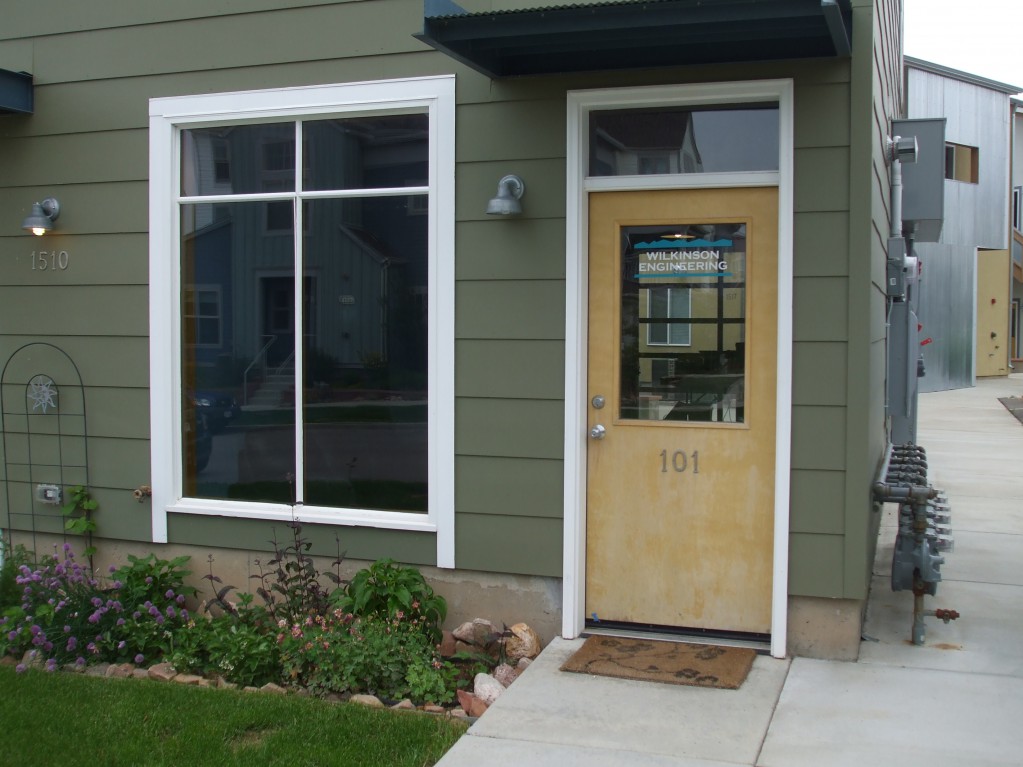Why is My House Cracking Up?19 Apr
In some parts of the U.S. buildings need to be modified because they are in earthquake zones, or they make concessions for hurricanes and tumultuous weather. Here in Colorado we rarely have earthquakes, and never worry about hurricanes, but we do have our own specific building challenges, and one of them is expansive soils. Everyone has seen, or maybe even tripped over, a heaved up sidewalk or driveway. The broken concrete is usually due to a problem with an expansive soil, such as Bentonite, which can be found all along the Front Range.
Fine clay particles wind-blown off of the mountains, are then deposited in layers along the leeward side of ridges and valleys. Just the right accumulation of clay particles produces a deposit that expands up to 10% under wet conditions, and conversely shrinks 10% during dry conditions. This soil movement can wreck not only driveways and sidewalks, but all sorts of slabs including the one your house is sitting on. Footers are susceptible to movement as well, particularly if water becomes concentrated in one corner of the foundation. In an expansive soil situation, surface drainage around the house becomes even more important in order to avoid water concentration in any one area.
Building codes have been adapted to mitigate expansive soil problems, and newer homes are now designed with concrete piers that penetrate 26 feet or more in order to anchor into a more stable bedrock formation. Concrete anchors hold the concrete walls down during uplift events, and support the walls during periods of shrinkage. Local building departments require an engineer to inspect the foundations designed for expansive soils to make sure that they are built according to the design.
Older homes built before the new rules often show the results of what expansive soils can do. These problems may be uncovered when a house goes under contract to be sold. If the home inspection reveals a severely cracked foundation or extreme drywall cracking, an engineer is usually called in to look at the problem and recommend a solution. Sometimes the repairs are relatively simple, but they can also be extensive and expensive. One important component often over looked, is improving the home’s drainage system. When expansive soils are present, landscaping and the watering that accompanies it, can prove devastating. Having an engineer inspect the problem helps both the buyer and the seller to anticipate the cost and extent of repairs, or at the very least, can advise them on how to stop any further damage from expansive soils.
One Response Why is My House Cracking Up?”
Leave a Reply


Useful piece, thanks a lot for spending the time to write it. I’m subscribing to your blog so I can follow along down the road. Would like to see more posts soon.